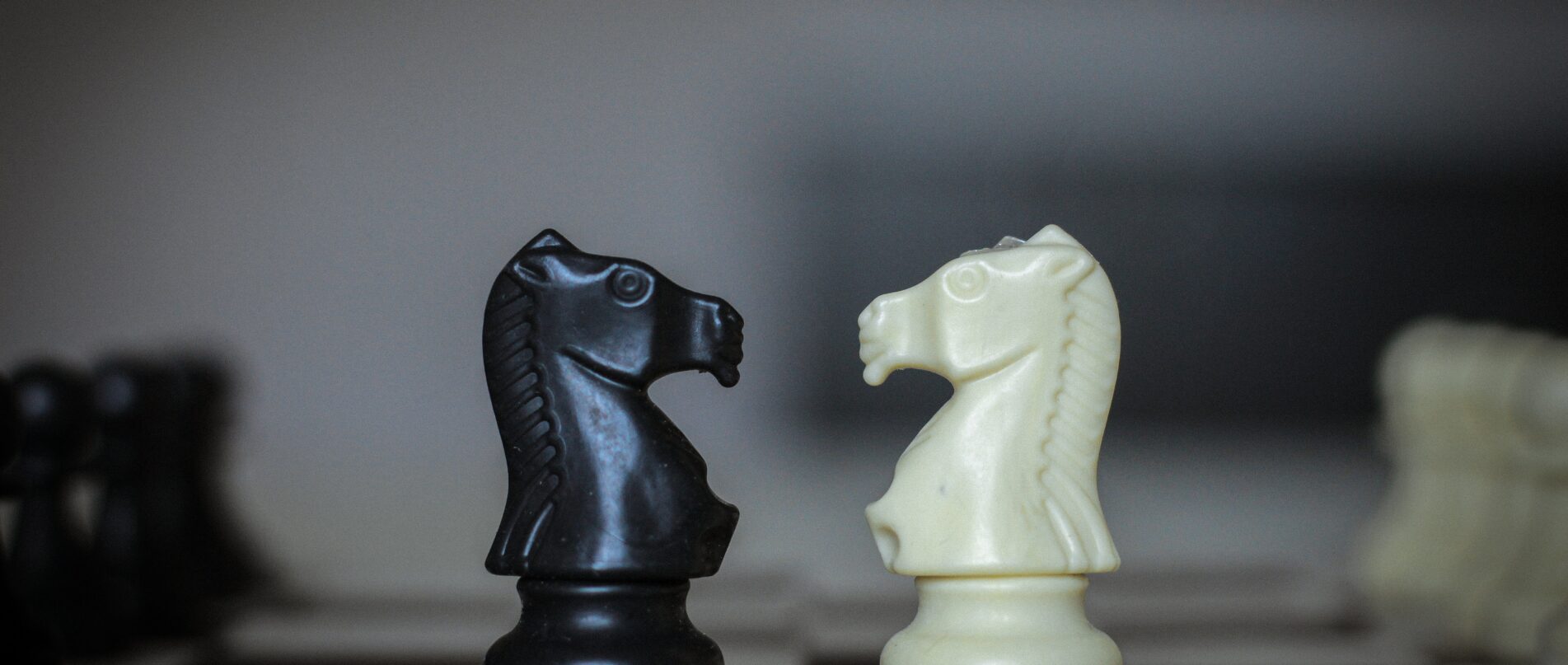
Prompt Images
It’s not your fault. It’s not your fault.
The words run through Ayden’s mind on a loop, coming out of his mouth in a mumble like a scratched CD skipping on one rote line of lyric.
Over the years, it’s become his invocation, hammered into his mind by his fourth and current psychiatrist, Dr. Hurling (a name that Ayden found to be onomatopoeic considering how often he wanted to throw up as he regurgitated painful memory after painful memory in the doctor’s office).
Each time a feeling of shame or embarrassment or fear rose to the top of his consciousness, Ayden would repeat the phrase.
It’s not your fault. It’s not your fault.
“You’re a product of your environment. The way he treated you, that is his problem, not yours. Do not blame yourself,” Dr. Hurling told him, and unlike the three psychiatrists that came before him, Ayden believed him. Ayden trusted him. He didn’t turn tail and run back to the so-called safety of his family in fear that if they found out, the repercussions would be worse than what led him to seek help in the first place. He didn’t automatically operate from the defensive, ready to shoot down any shit that didn’t jive with the story he and his family had ingrained in him since birth.
Why didn’t he? He had wondered it himself, and others had asked the same question. It wasn’t that the other therapists weren’t good per se, or that Dr. Hurling was a magician, although the magic he had worked with Ayden was clear. It was that by the time Ayden came through the door of Dr. Hurling’s office, trudging mentally and physically, he was ready to have the conversations he had shunned before, to hear what he had sprinted from, to walk into the shit storm and call it out for what it was. When he was at the point of deeply considering whether or not he should exist any longer, he figured he was also at the point of no return.
Nothing could get worse, not if he were to survive.
So Ayden listened and he worked and he learned—about himself, his family, and the steps he needed to take to distance himself from them. He limited his interaction with them to major holidays and periodic text messages to check in. Most of the time, he didn’t feel compelled to make excuses for them. And after three years of appointments spent in Dr. Hurling’s herringbone armchair, Ayden could finally without guilt, even without malice, describe his father as he was, no frills, no exaggeration:
Ronald Carrington was an asshole.
At one point, Ayden could never imagine uttering the words aloud. Of course he had thought them. Hundreds, nay thousands of times, as his father hurled abuse at him, first over messy rooms and broken toys, then came the inadequate performance in sports, unacceptable grades, and insufficient job prospects that added up to an all-around insufficient and complete disappointment of a life. Of a son.
“What good are you to me? To this family? You bring nothing to the table. You’re nothing but a letdown. If I could never see you again, I would die a happy man,” his dad had said.
Ayden shakes the memory from his mind. He can’t think about it, not without his stomach lurching and the back of his throat numbing. Like he has so many times tonight, he squeezes his eyes shut and tries to breathe through it.
It’s not your fault. It’s not your fault.
Ayden was far from his father’s only target.
Somewhere in his own life, his father had learned to view everyone as a threat, something to lock in his crosshairs and obliterate and unfortunately for Ayden and the rest of his family, Ronald Carrington had the accuracy of a sniper.
“What is the relationship with the rest of your family like?” Dr. Hurling had asked.
The only answer Ayden could give was “toxic,” because when blood flows, nothing in its path is safe. It bleeds into everything that comes in contact with, from the purest of white snow to the hands of a brother only trying to stop the bleeding. Everything turns red, and even when it is washed away, it’s changed.
Once his father started playing mind games with his children, pitting them against one another in a coliseum fight where he was the emperor and sole audience member, Ayden’s relationships with his brothers Mayson, Ryle, and Hartley, and sister, Marjory, disintegrated. Where there used to be care and compassion grew resentment and jealousy and indifference.
It took years for Ayden to pinpoint his father as the cause, and a decade more to admit.
But even knowing that, Ayden still wanted to impress the asshole, to gain his approval, to make him care, like somehow Ayden still cared for him amidst all the loathing.
Why else would he show up here tonight, when his father came calling to celebrate his “well-earned” retirement? Because despite all the years of therapy, a voice remains in Ayden’s head, telling him: Maybe this means he actually does care. Maybe this means you’ll get what you want.
He hates himself for it, the love and need for validation he can’t shake, but Dr. Hurling told him that it was perfectly normal.
“Parental relationships are complicated. Even in the worst cases, when it comes to feelings, there’s no black or white. Even when you hate them, a tiny bit of love is still there. How could it not be? We are wired as humans to love. Your father just took that love and manipulated it against you and withheld his own.”
“But to say he just withheld doesn’t do it justice,” Ayden said. “He actively made choices so I would know he didn’t love me. He wanted to hurt me. To know how little I meant to him.”
The fucking asshole.
“Ayden?” a voice comes from behind him, and Ayden’s eyes spring open. He recognizes it as belonging to the detective who arrived there one, maybe it was two, hours earlier. “What happened here?”
Ayden’s gaze flicks down the hallway, towards the top of the staircase made of hard stone and sharp edges.
He can picture it in his mind’s eye: the welcome that turned to derision, the scorn, the fight, his father’s words of wishing to never see him again, and then in a moment of pure anger, Ayden’s split-second idea of how to give his father exactly what he wanted. In another split-second, he made it reality.
He wishes he could say he regrets it. Actually, he doesn’t. If anything, he wishes that he could act like he regrets it. As far as he’s concerned, the only one with blood on his hands was Ronald Carrington, his father, splayed out at the bottom of the staircase beneath a black sheet, the crimson he had drawn out of everyone else now drawn from him, seeping out of the crack in his skull.
“It’s not my fault,” Ayden says.



